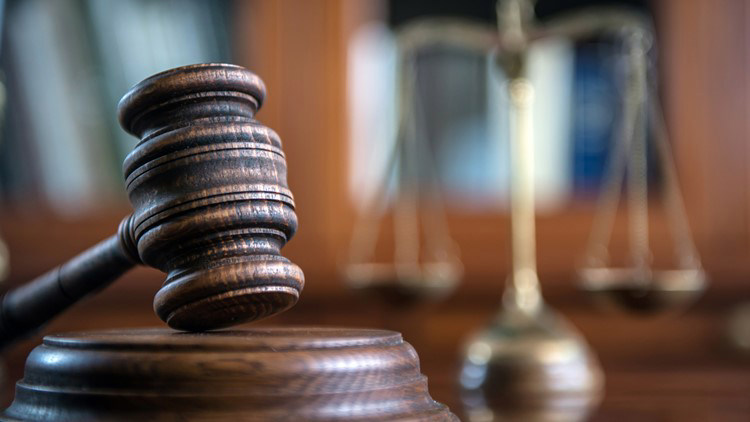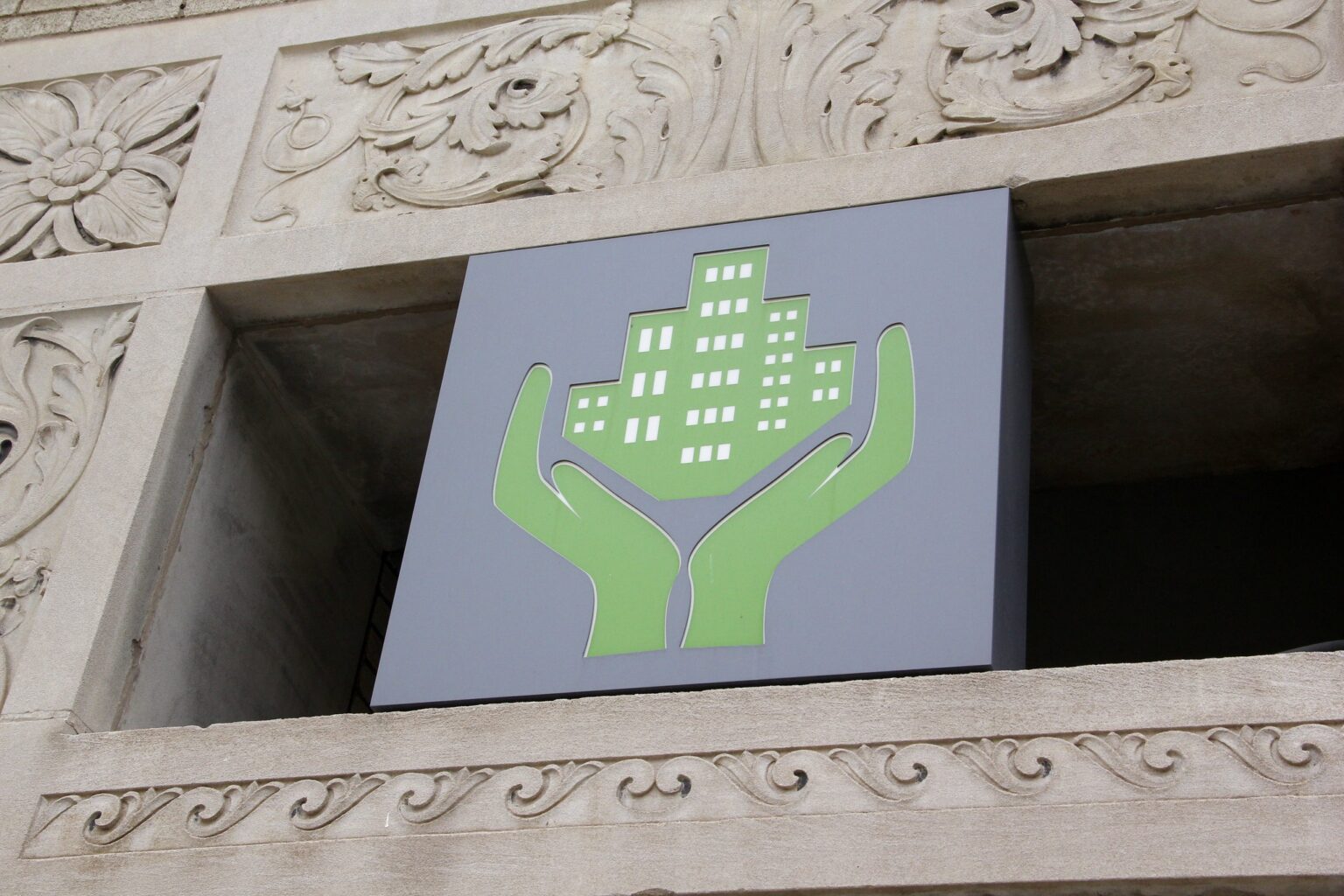COVID-19 Test Fraud: Lab Owner Pleads Guilty

Table of Contents
Details of the COVID-19 Test Fraud Scheme
The Nature of the Fraud
The lab owner, [insert name if available, otherwise use "the defendant"], engaged in a complex scheme involving billing for COVID-19 tests that were never performed. This medical testing fraud encompassed both PCR and antigen tests, exploiting the high demand during the pandemic. The fraudulent activity involved:
- Billing for non-existent tests: The defendant submitted claims for thousands of COVID-19 tests that were never actually administered.
- Using fraudulent billing codes: Incorrect or fabricated billing codes were used to disguise the fraudulent claims and bypass standard billing procedures.
- Inflated prices: The defendant billed for tests at significantly inflated prices compared to the actual cost.
- Co-conspirators: [Insert details about any involved parties, such as billing staff or other medical professionals, if available].
The estimated financial loss due to this COVID-19 test fraud is [insert estimated amount if available], representing a significant drain on public healthcare resources and taxpayer funds. This healthcare fraud has ramifications far beyond the monetary losses.
The Investigation and Prosecution
The investigation into this lab fraud was conducted by [insert agencies involved, e.g., the FBI, HHS-OIG, state Attorney General's office]. Key evidence included:
- Financial records: Analysis of the laboratory's billing records revealed significant discrepancies and patterns of fraudulent activity.
- Witness testimonies: [Insert details about witness testimonies if available].
- Audits of claims: Independent audits confirmed the vast scale of the false claims submitted.
The defendant was charged with [insert specific charges, e.g., healthcare fraud, wire fraud, conspiracy to commit fraud]. The guilty plea resulted in [insert details of the plea agreement, including fines, prison sentence, and restitution]. This outcome serves as a stark warning against engaging in pandemic fraud.
Implications for the Healthcare System
Erosion of Public Trust
This COVID-19 test fraud significantly erodes public trust in healthcare providers and the integrity of the COVID-19 testing system. The consequences include:
- Reduced confidence in testing results: Public skepticism towards testing accuracy can hinder effective disease management and public health efforts.
- Hindered contact tracing: Fraudulent testing data compromises the accuracy of contact tracing, making it more difficult to control the spread of the virus.
- Increased healthcare costs: The need for increased oversight and investigation adds to the financial burden on taxpayers.
The impact extends to the broader healthcare system, raising concerns about the reliability of other medical services.
Financial Burden on Taxpayers
The financial burden imposed by this pandemic fraud is substantial, impacting taxpayers in several ways:
- Investigation and prosecution costs: Significant resources are required to investigate and prosecute these cases.
- Restitution payments: Taxpayers may indirectly bear the cost of restitution paid to victims of the fraud.
- Increased insurance premiums: The increased risk of fraud can lead to higher insurance premiums for individuals and businesses.
The cost of combating this healthcare fraud stretches beyond the immediate financial losses.
Systemic Vulnerabilities
The success of this COVID-19 test fraud scheme exposes vulnerabilities within the healthcare system:
- Lack of robust oversight: Gaps in oversight and regulation created opportunities for fraud to occur.
- Insufficient fraud detection mechanisms: Existing systems were inadequate to detect and prevent this large-scale fraud.
- Weaknesses in verification processes: Inefficient verification of claims contributed to the problem.
Addressing these systemic vulnerabilities is crucial to preventing future instances of healthcare fraud.
The Fight Against COVID-19 Related Fraud
Government Initiatives
Government agencies are actively working to combat COVID-19-related fraud through several initiatives:
- Increased oversight and monitoring: Enhanced monitoring of healthcare providers and their billing practices.
- Improved data analytics: Utilizing advanced data analytics to identify patterns of fraudulent activity.
- Strengthened enforcement actions: Increased penalties and stricter enforcement of existing laws.
- Whistleblowing programs: Encouraging individuals to report suspected fraud.
These efforts aim to deter future fraudulent activity and protect healthcare resources.
Role of Healthcare Professionals
Healthcare professionals play a critical role in preventing and reporting fraud:
- Adherence to ethical guidelines: Strict adherence to ethical guidelines and best practices.
- Reporting suspected fraud: Promptly reporting any suspected fraudulent activities to the appropriate authorities.
- Maintaining accurate records: Meticulous record-keeping to minimize opportunities for fraud.
- Participating in compliance training: Regular participation in compliance training to stay informed about fraud prevention strategies.
Ethical conduct and proactive reporting are essential in maintaining the integrity of the healthcare system.
Conclusion
The guilty plea in this COVID-19 test fraud case highlights the significant financial and ethical implications of such crimes. The substantial financial losses, erosion of public trust, and exposure of systemic vulnerabilities within the healthcare system demand immediate attention. Strengthening regulatory measures, improving fraud detection mechanisms, and promoting ethical conduct among healthcare professionals are crucial steps in preventing future occurrences. The case underscores the need for continued vigilance and proactive measures to combat COVID-19-related fraud and protect our healthcare system.
Protecting the integrity of our healthcare system requires collective action. Report suspected COVID-19 test fraud or other healthcare fraud to the appropriate authorities, such as the [insert links to relevant reporting agencies, e.g., HHS-OIG hotline, FBI website]. Help prevent future instances of this damaging crime.

Featured Posts
-
 The High Stakes Of Finding A Rental In Milwaukee
May 03, 2025
The High Stakes Of Finding A Rental In Milwaukee
May 03, 2025 -
 Death Threat Against Nigel Farage An Afghan Migrants Alleged Involvement
May 03, 2025
Death Threat Against Nigel Farage An Afghan Migrants Alleged Involvement
May 03, 2025 -
 Drone Attack On Gaza Aid Ship Sos Signal Issued Off Malta
May 03, 2025
Drone Attack On Gaza Aid Ship Sos Signal Issued Off Malta
May 03, 2025 -
 Unlawful Harassment Allegations Against Rupert Lowe An Examination Of The Reform Shares Report
May 03, 2025
Unlawful Harassment Allegations Against Rupert Lowe An Examination Of The Reform Shares Report
May 03, 2025 -
 Loblaw And The Buy Canadian Movement Current Status And Future Outlook
May 03, 2025
Loblaw And The Buy Canadian Movement Current Status And Future Outlook
May 03, 2025
